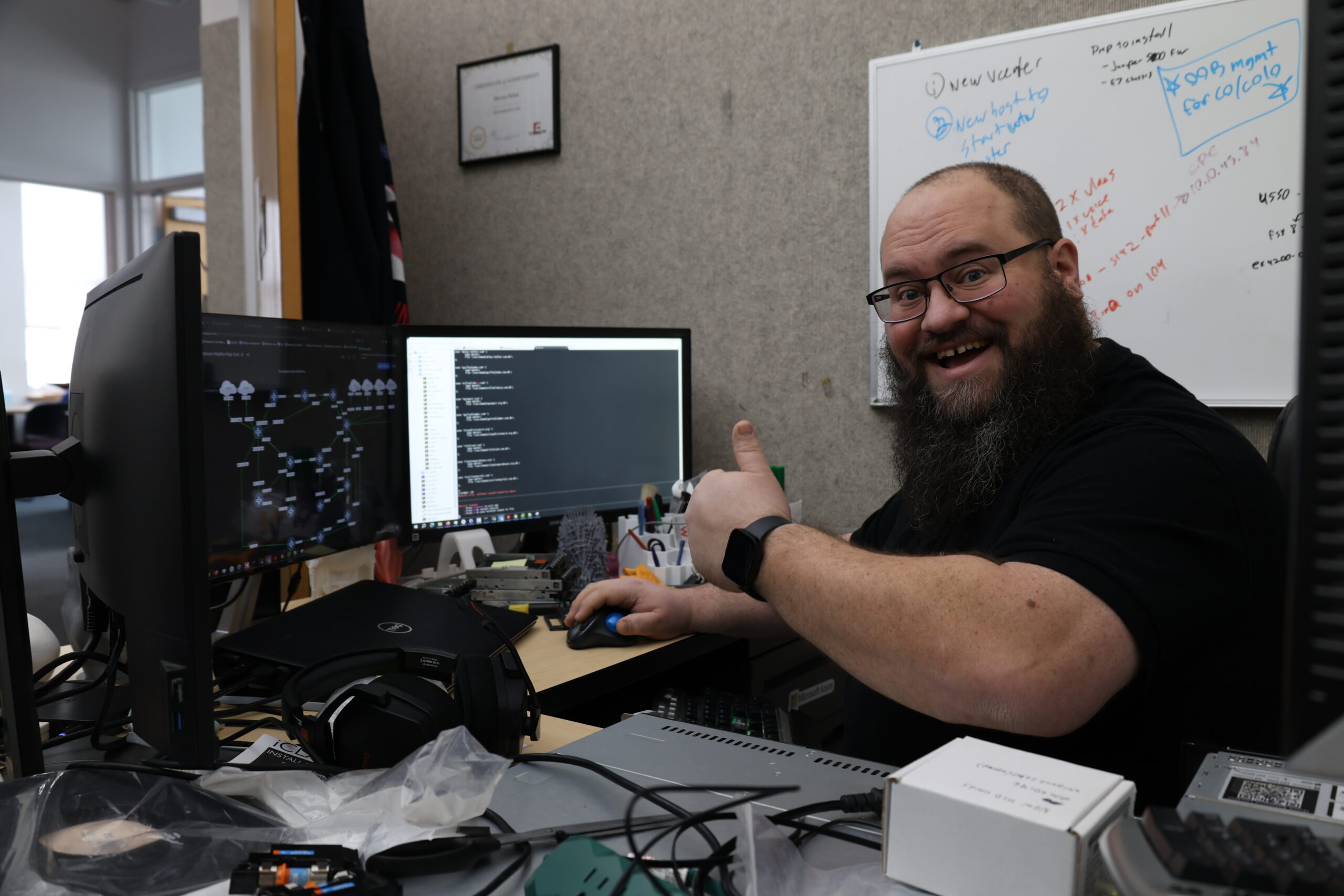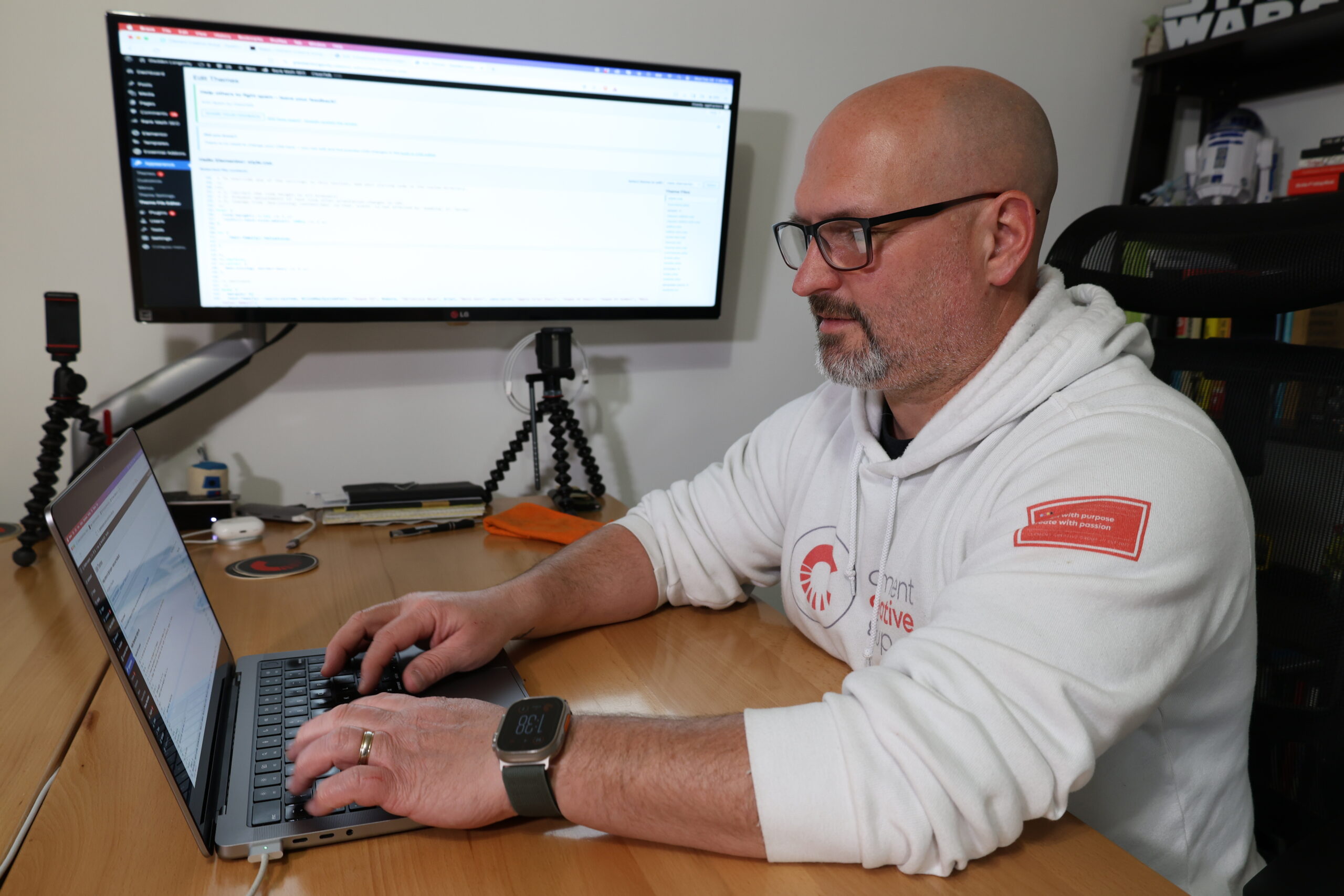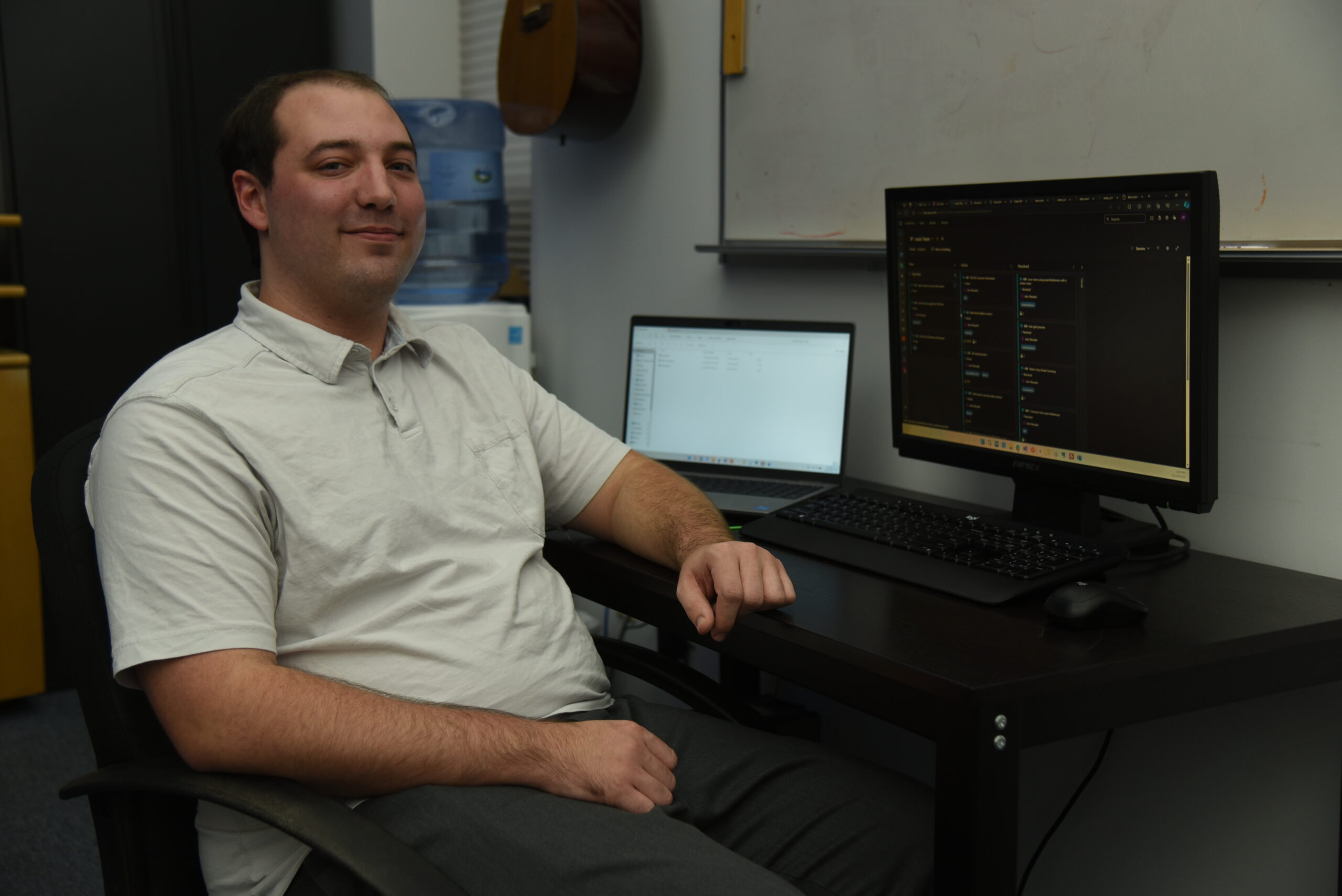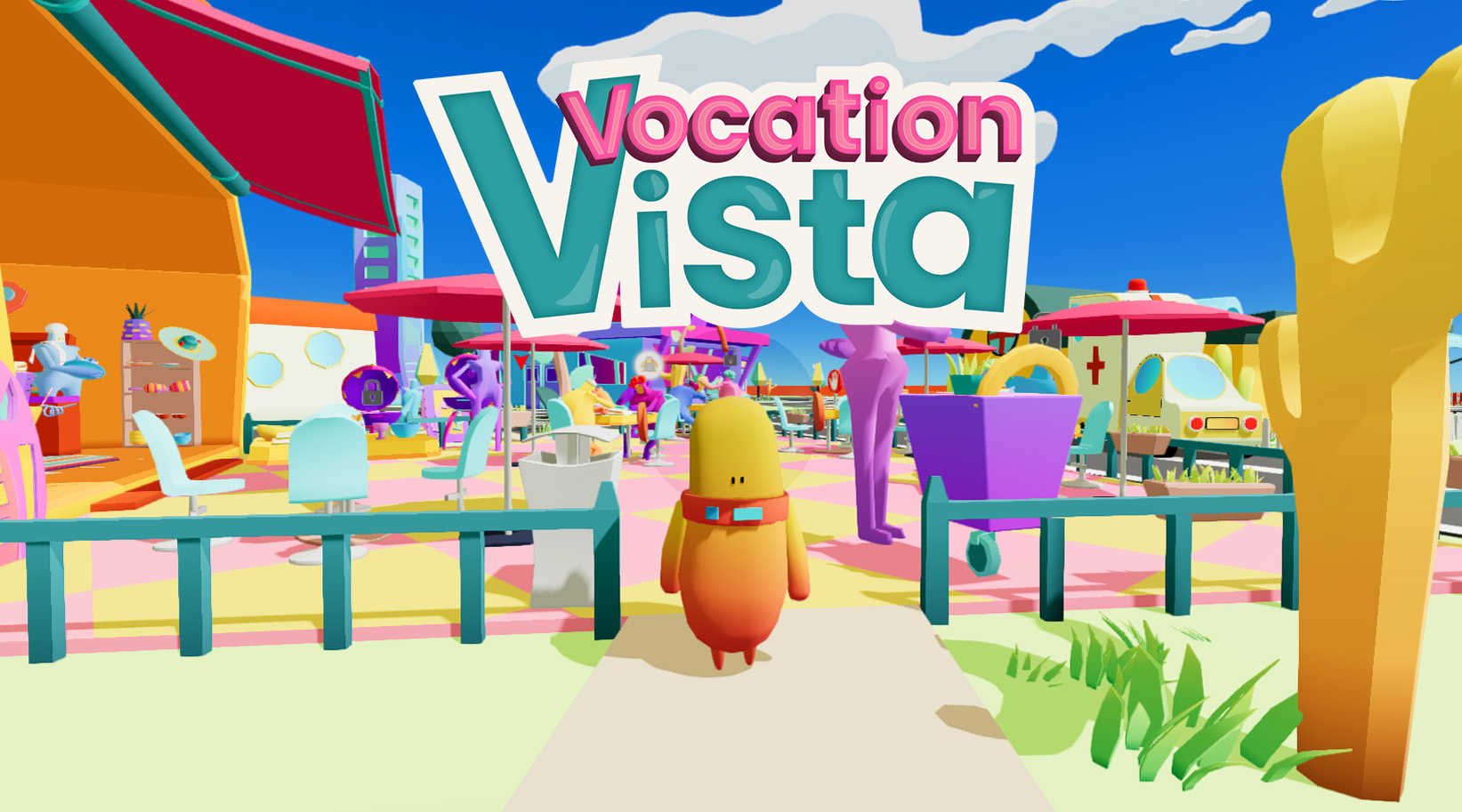Application Developer
Creates software for various platforms, designs user interfaces, writes code, tests functionality, and troubleshoots issues for optimization.
-
Education
Bachelor's Degree in Computer Science, Software Engineering, Information Technology or related field -
Pay range
$60,000 - $80,000 USD Entry Level








